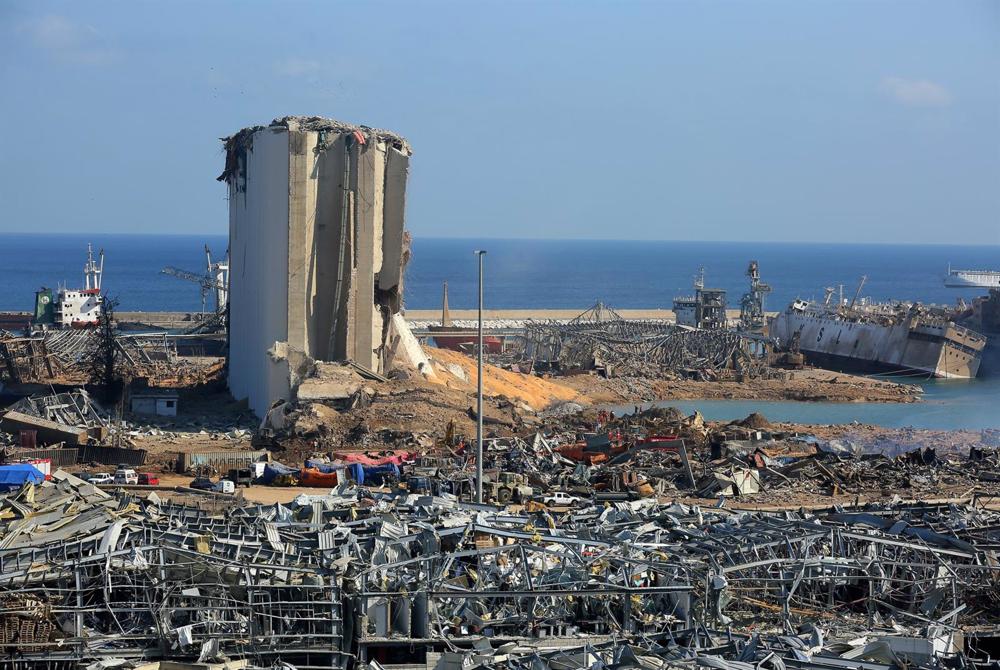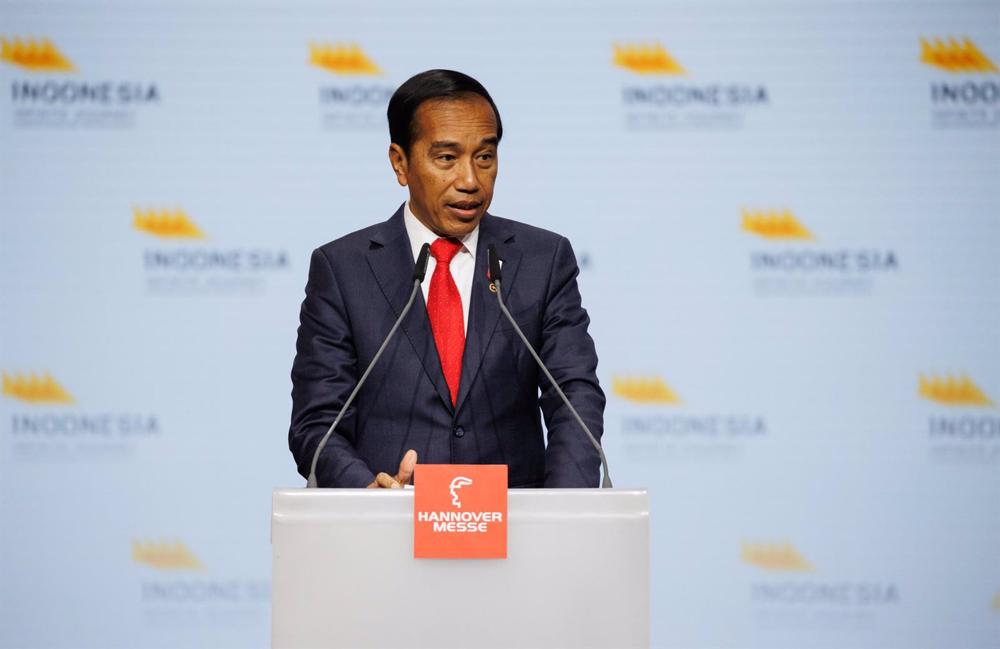
Lebanon’s Prosecutor General Ghasan Ueidat has charged the judge heading the investigations into the August 4, 2020 explosions at the port of the capital Beirut with «rebellion against justice», in a further step in the judicial confrontation over the passage and in the face of the unease of the victims’ families, who continue to demand justice in the case.
Ueidat, who on Wednesday ordered the release of all those detained in the case, has indicated that Judge Tarek Bitar has also been charged with «usurpation of power» and has banned him from leaving the country, Lebanese daily ‘L’Orient le Jour’ has reported. The prosecutor general’s decisions come in response to his indictment by Bitar, who resumed his investigations on Monday after a 13-month stalemate.
In fact, Bitar himself said in statements to the Lebanese state news agency, NNA, that he continues to carry out his duties and recalled that Ueidat is recused in the case because he was indicted. For this reason, he stressed that the recent decisions of the attorney general «are illegitimate and should not be applied».
The Prosecutor General’s Office already filed a notice on Tuesday with the courts not to apply the judge’s latest decisions as invalid. Bitar resumed his work on Monday after being blocked by a flood of lawsuits against him by politicians and senior security officials he summoned to testify or charged in connection with the blasts.
Ueidat’s stance on the case has increased the unease of the victims’ relatives and in fact a group of them gathered late Wednesday in front of the attorney general’s home to stage a sit-in protest against his order to release all those detained as part of the investigations into the event, which left more than 220 dead and huge property damage.
Bitar replaced Fadi Sauan after he was removed from the case following a series of complaints by senior officials summoned to testify, including former Interior Minister Nuhad Machnuk, although the demands of several former ministers summoned to testify also led to the suspension of his investigations.
The explosions were caused by about 2,750 tons of ammonium nitrate stored at the port, the main entry point for goods and humanitarian aid, according to initial investigations, although other options have not yet been ruled out. The event provoked a wave of protests for what the population perceives as a reflection of mismanagement, corruption and interference of the parties in the affairs of the State, which led to the fall of the Executive of Hassan Diab.
Source: (EUROPA PRESS)






